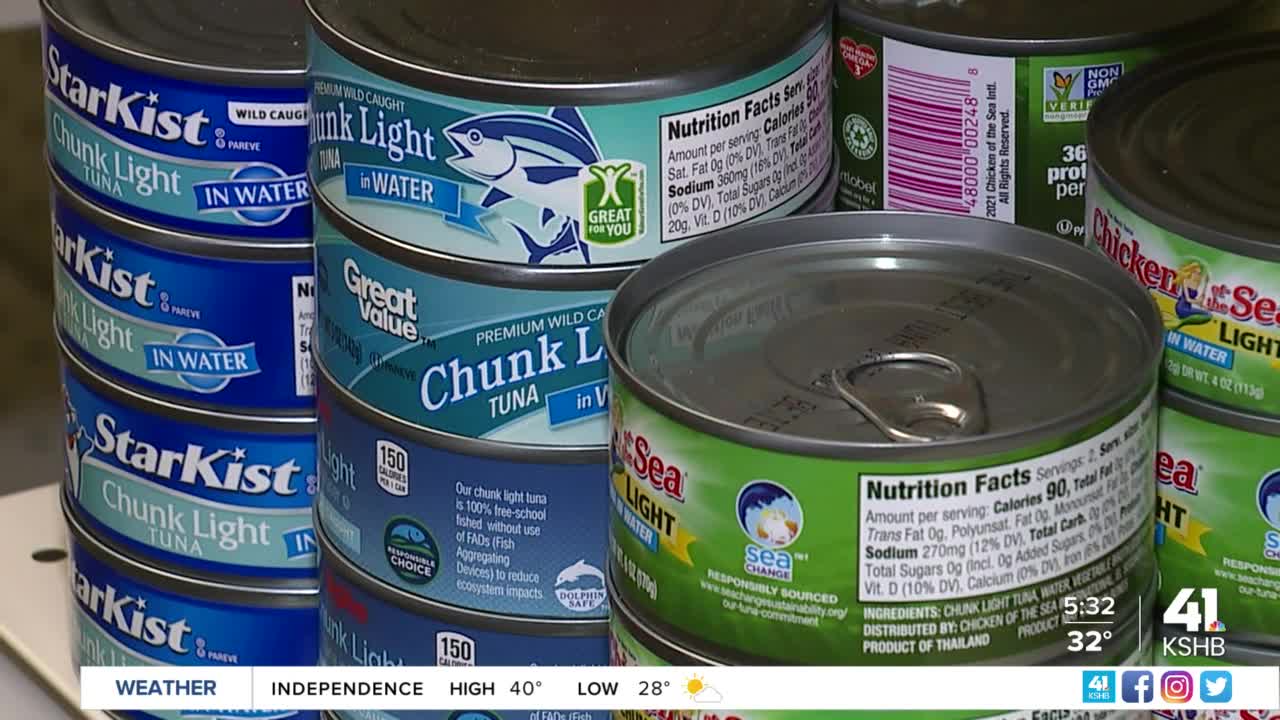KANSAS CITY, Mo. — Sunday marks the first day of Hanukkah.
Part of the eight-day celebration of light for the Jewish community includes spending time around a table enjoying brisket, latkes, potatoes and doughnuts.
"It's not the healthiest festival," joked Rabbi Isaac Mizrahi, executive director of the Vaad Hakashruth of Kansas City.
Some, but not all, Jewish community members keep kosher, meaning foods are prepared in certain ways to keep with religious standards.

Such standards paired with inflation have added to the price tag of kosher items.
"In general, food products have gone up maybe 10, 20 percent," said Mizrahi, who oversees kosher certifications. "When it comes to kosher products, sometimes that’s as high as 70, 80 percent that we’ve seen increase in the last year."
He says meat is where families will feel it in their pocketbooks the most since it must be blessed and prepared properly to be certified kosher.
"We haven’t seen, at least, in the bakery area and general kosher goods that are non-perishable, we haven’t seen an increase too far above the general increase," Mizrahi said.
The Jewish Family Services pantry, which serves around 600 families monthly, includes a section dedicated to kosher goods.

In general, most pantries, like JFS, are seeing a decrease in donations. But sourcing difficulties due in part to inflation have created added challenges.
"Our economy is working much more efficiently, so there’s not as much product overproduced. So it’s really hard just to source product when it’s not even being made," said Jo Hickey, director of pantry partnerships at JFS.

She says Kansas City already has a smaller Jewish population, and even fewer people keep kosher. Therefore, the city tends to get overlooked for sourcing compared to areas like New York, Boston or Los Angeles that have a larger Jewish community.
"We’re hopeful that it will get easier from conversations that we’ve had with our food bank and food pantry partners," Hickey said.
But for those who keep kosher, there's not much they can do.
"Kosher food is really a fundamental aspect in not only the culture but anybody who observes the legal requirements of Jewish law," Mizrahi said. "Specifically on meat-related products, where there are just so many additional costs for kosher, it’s definitely hit the community hard."





